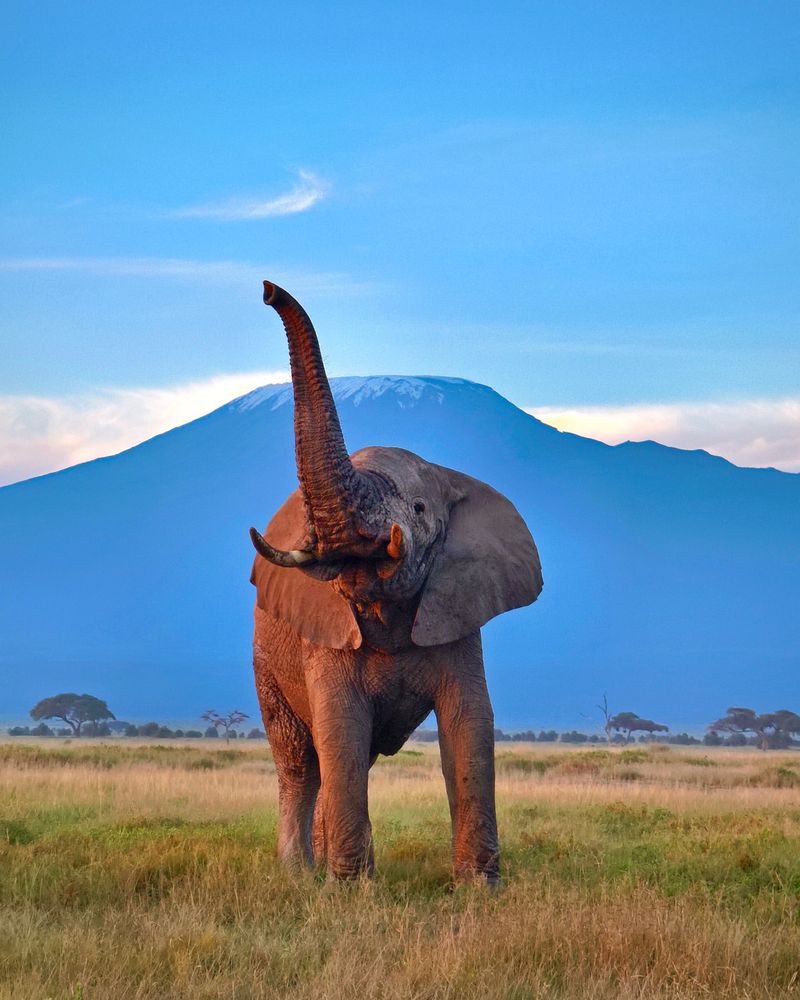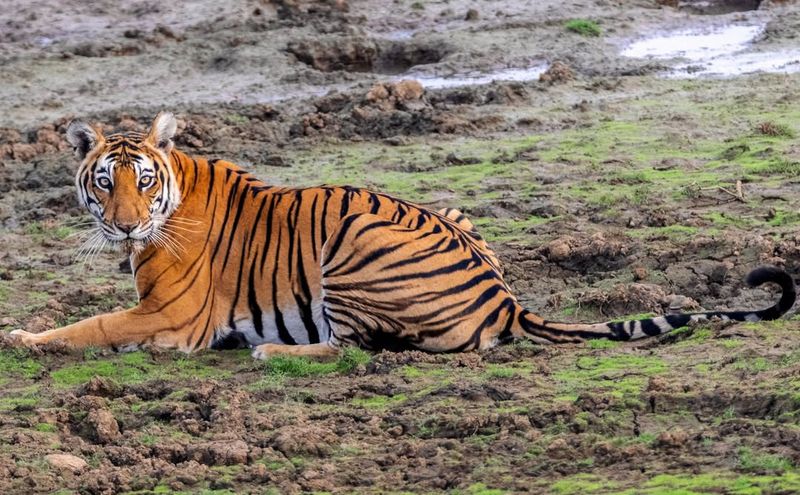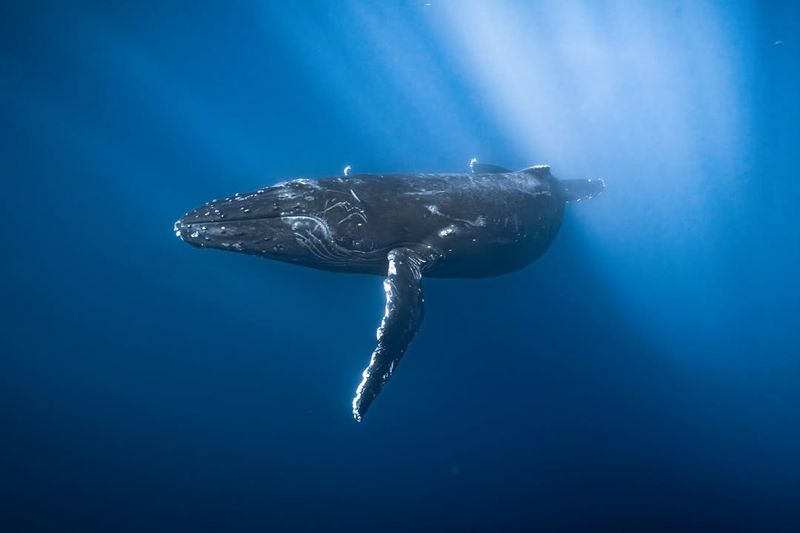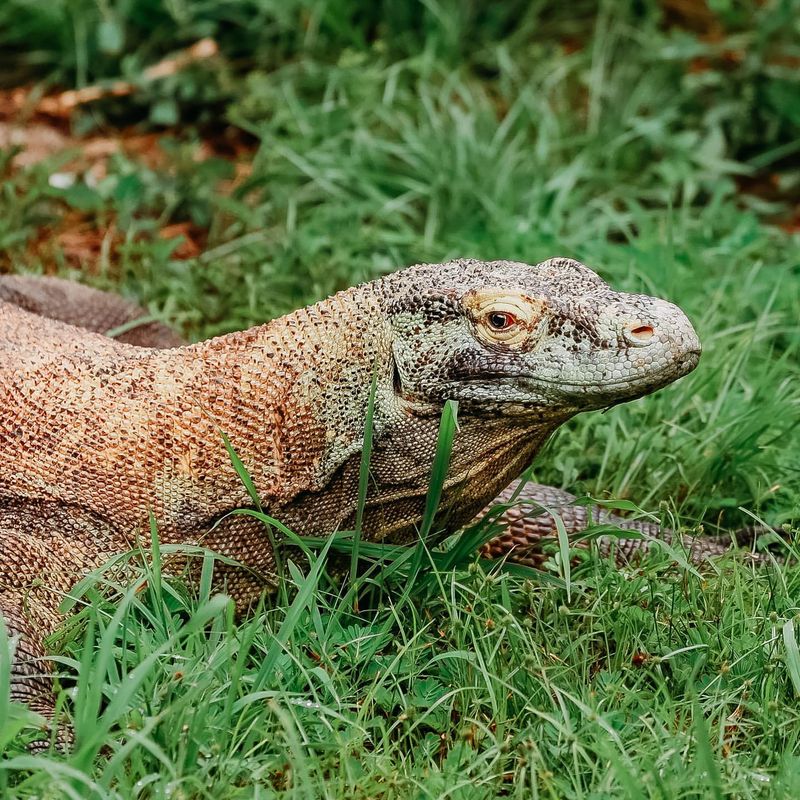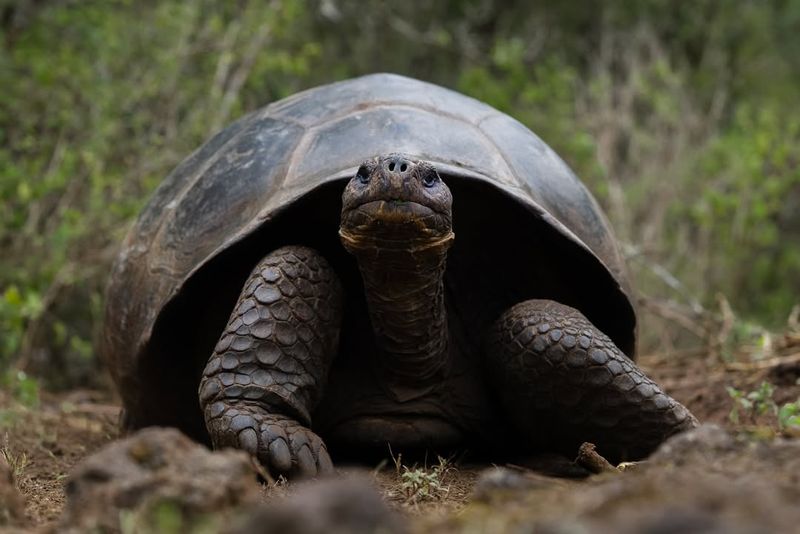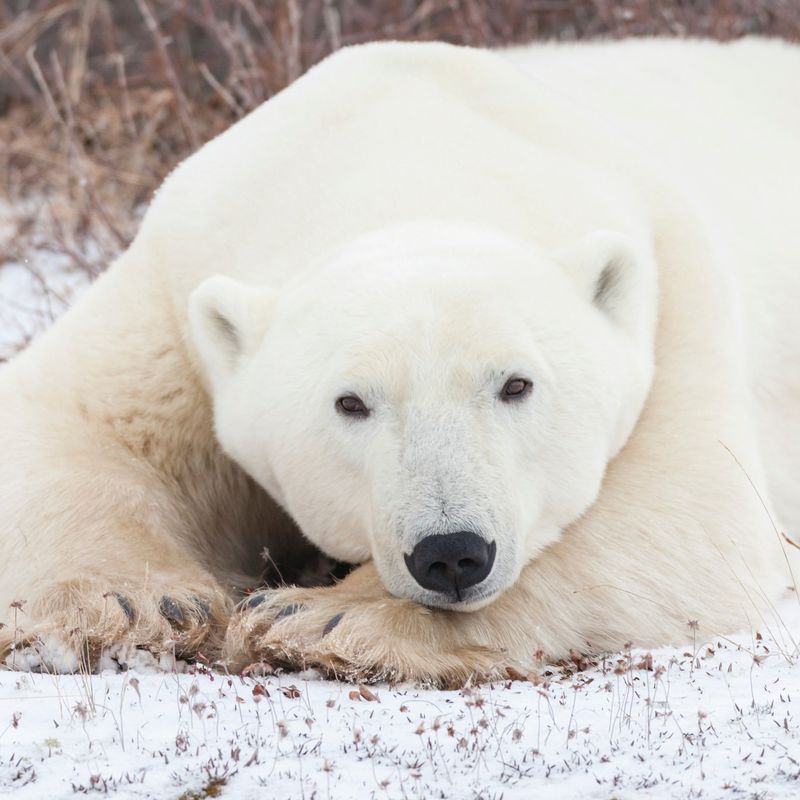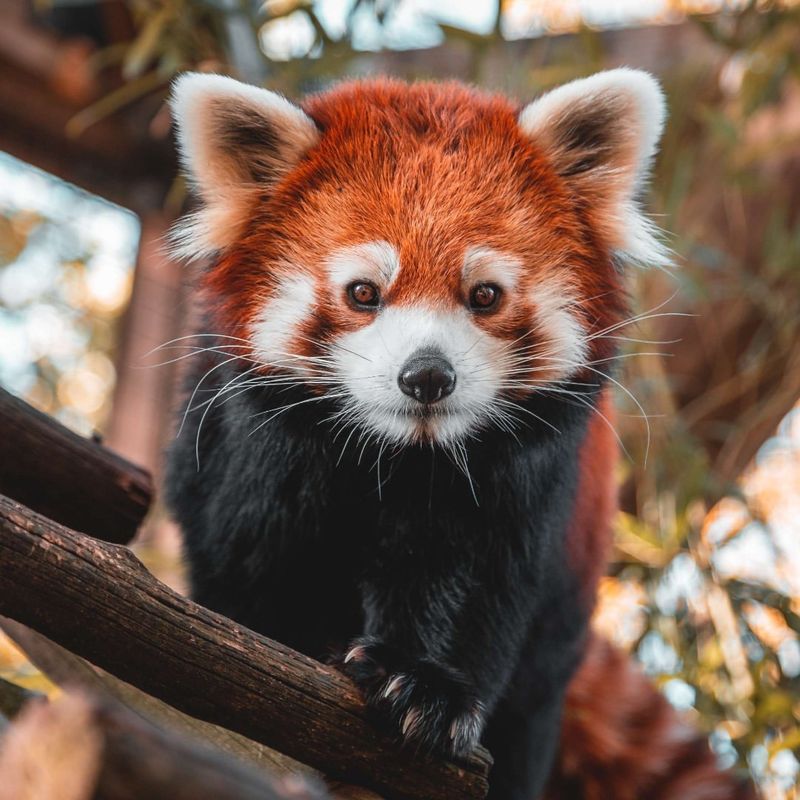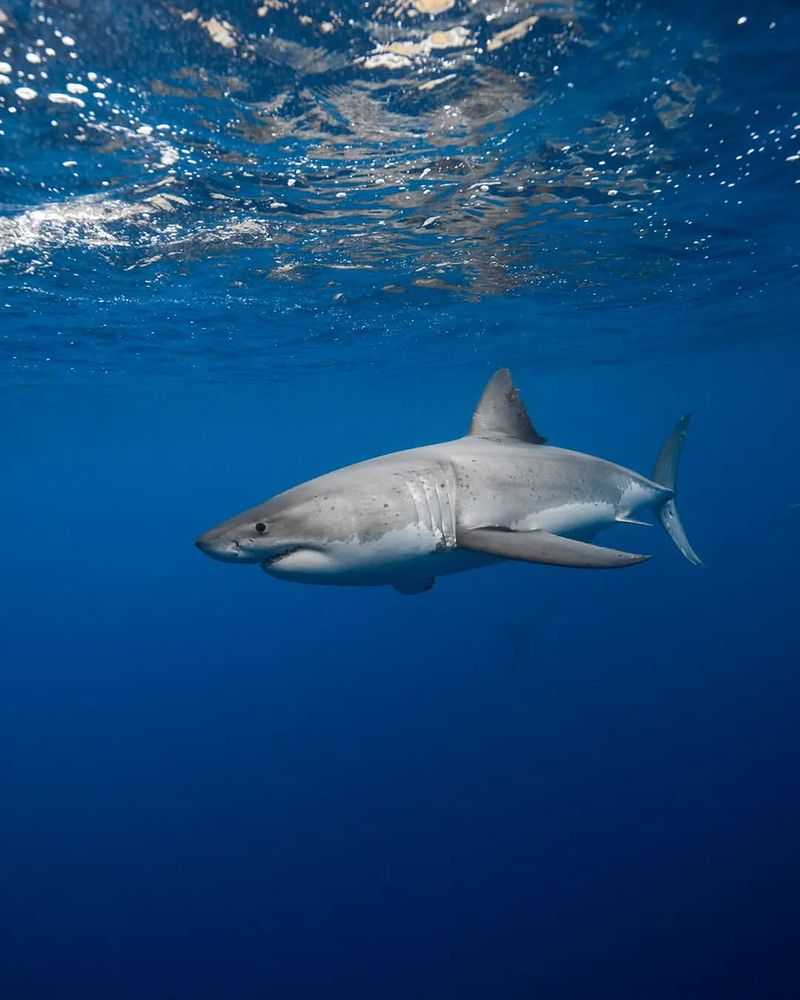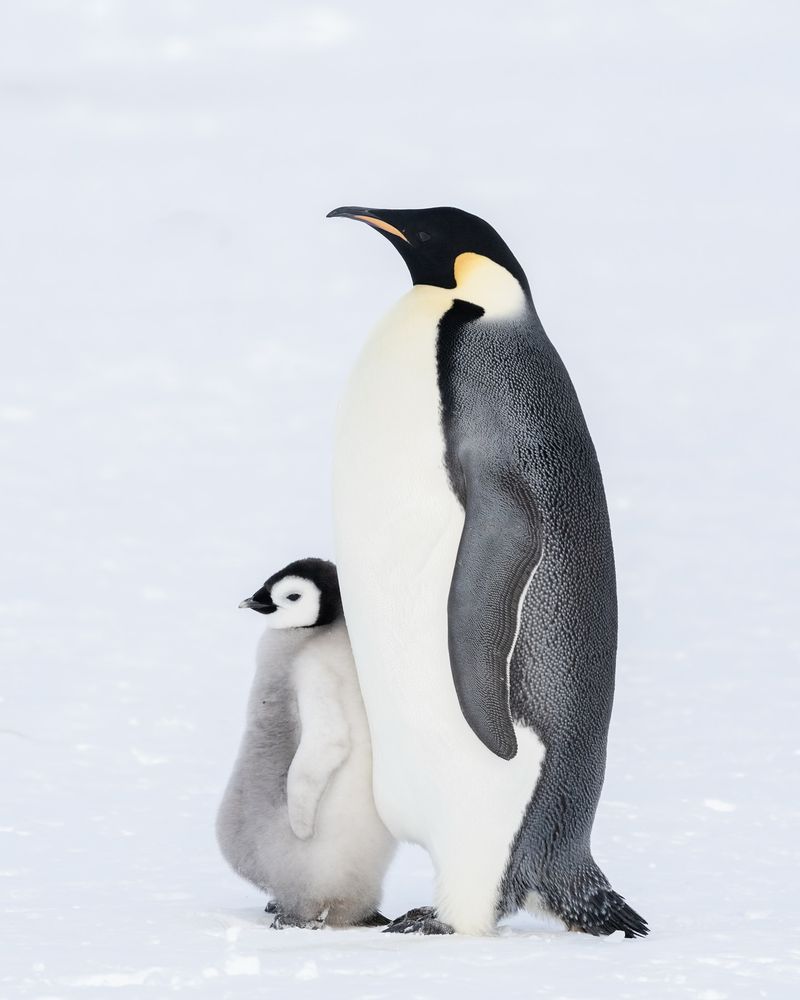📖 Table of Content:
Venturing into the wild to witness Earth’s most magnificent creatures is a thrilling experience for any nature lover. From the vibrant depths of the ocean to dense jungle canopies, these animals enchant with their striking beauty and elusive nature. Observing them in their natural habitat fosters a deeper connection to the natural world and its wonders.
Let’s explore 10 extraordinary animal species that stand out for their rarity, grace, or sheer power. Whether it’s the gentle giant of the savannah or a dazzling marine marvel, each creature offers a once-in-a-lifetime encounter. These animals not only inspire awe but also remind us of the importance of conservation and preserving their habitats.
Prepare to add these unforgettable wildlife experiences to your bucket list. From awe-inspiring predators to delicate and rare species, each animal introduces you to a different side of nature’s brilliance. These encounters promise memories that will last a lifetime.
1. African Elephant
The African elephant, the largest land animal on Earth, roams the vast savannahs and dense forests of Africa. Known for their intelligence and strong familial bonds, these gentle giants grace the landscape with their presence.
Standing up to 13 feet tall, their massive bodies are supported by strong pillar-like legs. Seeing them in their natural habitat, especially during a golden sunset, is a breathtaking experience.
Conservation efforts are crucial, as these magnificent creatures face threats from poaching and habitat loss. Support local reserves in Africa to aid in their protection.
2. Bengal Tiger
A powerful and graceful predator, the Bengal tiger roams the jungles of India. Its striking orange and black-striped coat marks it as an apex predator in its environment.
Observing a tiger in its natural habitat offers a thrilling glimpse into the wild. Their stealthy movements and piercing gaze add to their majestic aura.
Efforts to protect these endangered species have been ongoing, and visiting responsibly can contribute to their conservation. Respect local guidelines to ensure their safety.
3. Humpback Whale
Known for their acrobatic breaching and complex songs, humpback whales are remarkable oceanic creatures. These sea giants migrate thousands of miles annually, showcasing impressive displays of strength and elegance.
Witnessing a humpback whale breach is a breathtaking event, as their massive bodies leap from the water with astonishing agility.
Responsible whale-watching tours provide the best chance to observe these magnificent creatures. By choosing eco-friendly operators, you help preserve their marine environment.
4. Komodo Dragon
The largest living lizard, the Komodo dragon dominates Indonesia’s Komodo Island. Its prehistoric appearance and fearsome reputation make this reptile a fascinating sight.
They can reach lengths of up to 10 feet, and their powerful build is evident as they move deliberately across the rugged terrain.
Visiting Komodo National Park offers a chance to observe these dragons in their natural habitat. Follow all safety guidelines, as they are formidable predators.
5. Galápagos Tortoise
The Galápagos tortoise, a symbol of longevity and resilience, inhabits the enchanting Galápagos Islands. These ancient reptiles can live over 100 years, and their slow, deliberate movements reflect a life unhurried.
With massive shells and serene demeanors, they are a testament to the islands’ unique biodiversity.
Exploring the Galápagos offers a window into a world untouched by time. Always respect their space and follow guidelines to preserve their natural habitat.
6. Polar Bear
An iconic symbol of the Arctic wilderness, the polar bear navigates the expansive ice fields with ease. These powerful predators depend on sea ice for hunting and survival in their frozen habitat.
Observing a polar bear in its natural habitat is a profound experience, highlighting the beauty and fragility of this icy realm.
Climate change poses significant threats to their survival, making conservation efforts imperative. Support organizations focused on protecting the Arctic and its inhabitants.
7. Red Panda
With its bushy tail and charming appearance, the red panda is a captivating sight in the forests of the Himalayas. These arboreal mammals are known for their playful behavior and gentle, endearing expressions.
Despite their name, they are more closely related to raccoons than giant pandas, adding to their unique charm.
Responsible eco-tourism in their native regions supports conservation efforts. Respect their habitat to ensure these delightful creatures continue to thrive.
8. Great White Shark
A master of the ocean’s depths, the great white shark commands awe and fascination. Known for its power and precision, this apex predator plays a vital role in maintaining marine ecosystems.
Diving with great whites, particularly in South Africa, offers an adrenaline-fueled adventure like no other.
It’s essential to engage in responsible shark tourism, ensuring the protection of these magnificent creatures while supporting local conservation efforts.
9. Emperor Penguin
The largest of all penguin species, the emperor penguin withstands the harsh Antarctic climate with impressive resilience. Forming large colonies, these birds huddle together to survive the extreme cold.
Witnessing their intricate social dynamics and parental dedication is a humbling experience.
Antarctic expeditions offer a rare glimpse into their icy world. Always choose responsible tour operators to minimize environmental impact.
10. Amazon River Dolphin
With its unique pink coloration and playful nature, the Amazon river dolphin, or boto, stands out in the murky waters of the Amazon.
These intelligent creatures navigate their environment with remarkable ease. Interacting with them unveils a deep connection to the river’s ecosystem.
Supporting eco-friendly tours helps protect their delicate habitat, ensuring future generations can witness their wonder. Always follow local guidelines to respect their natural environment.

